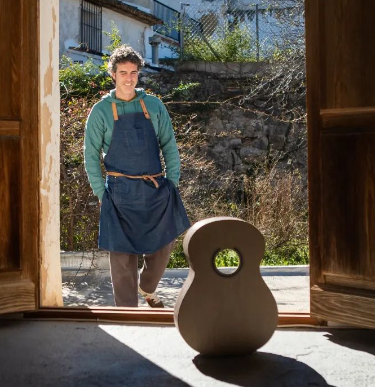Workshop of acoustics for luthiers
Acoustics is a fundamental tool for contemporary luthiers: it empowers our skills, allowing us to make correct choices and design instruments that satisfy our requirements
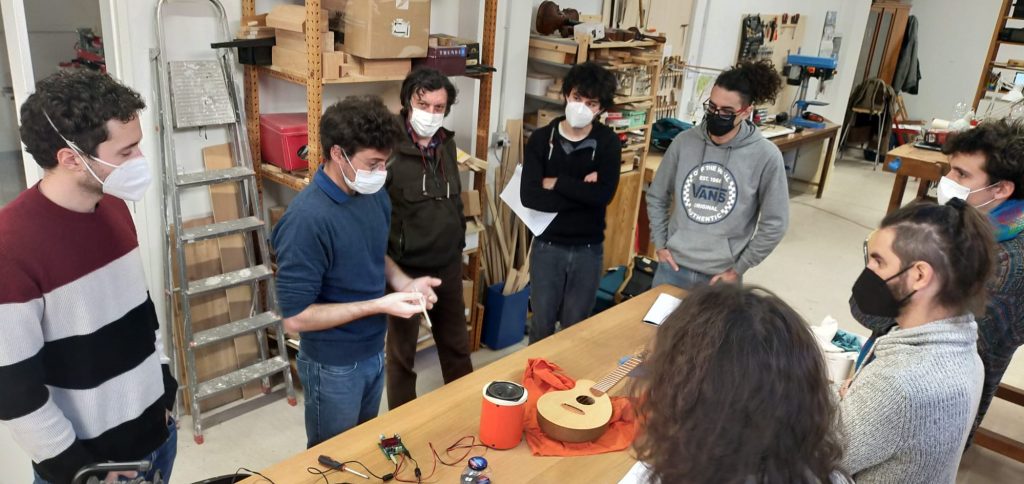
Understanding acoustics however can be very difficult, especially when the link between theory and practice is not so easy to establish.
The workshop aims at filling the gap between science and practical experience by keeping the theory at minimum and pointing towards application. In this way, luthiers can learn useful tools to choose materials, understand how instruments work and how to design them.
Besides the scientific approach, the workshop is based on experience: the participants will perform some simple experiements and will be guided in the characterization of materials and musical instruments.
Who is it for?
This workshop is useful for both professional and amateur luthiers that aim at:
- Selecting tonewood and other materials (such as composite materials) on a scientific base;
- Understanding the features that characterize an instrument that has a particularly inspiring (or non inspiring) sound and being capable of measuring and reproducing them.
- Designing and building instruments with a reproducible sound;
- Giving instruments with a sound that they are looking for;
- Solve intonation problems (wolf notes, dull notes) of an existing instrument;
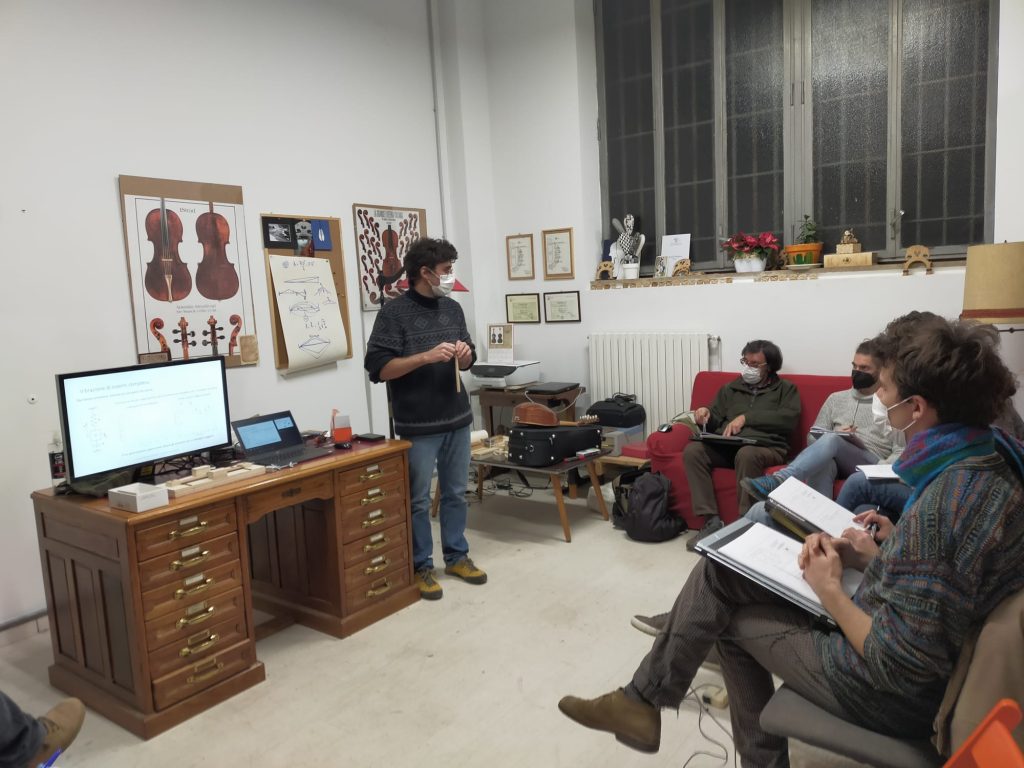
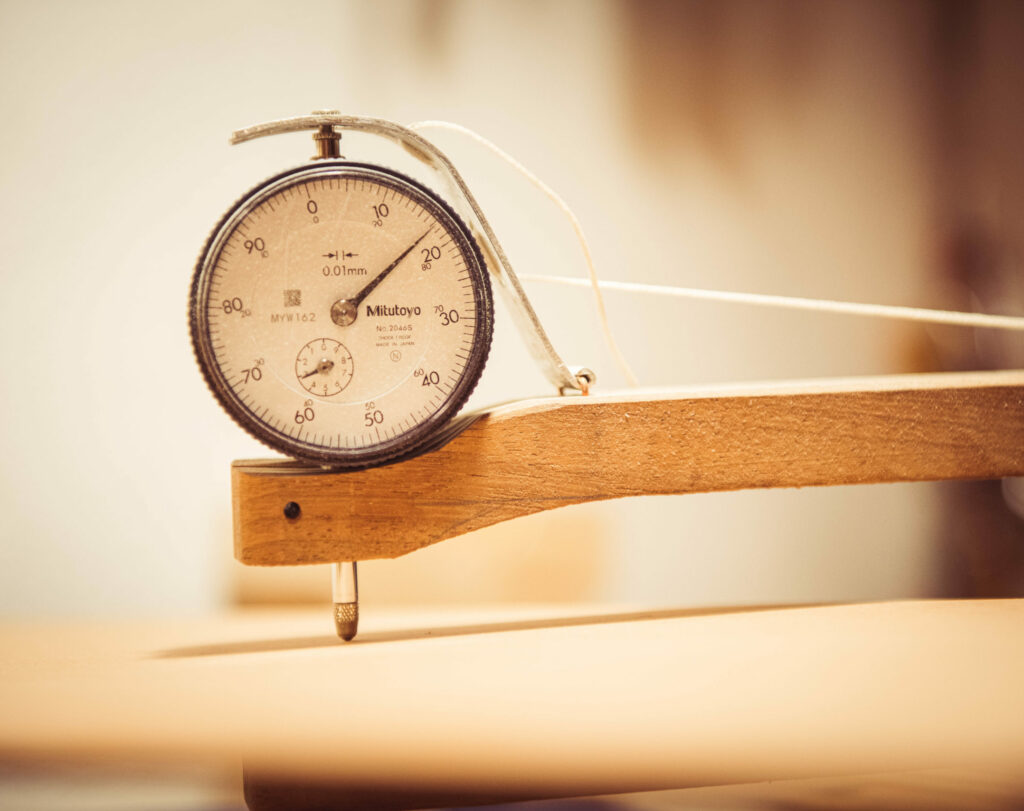
Some of the covered topics are:
- Physics for non-experts: introduction to sound waves, vibrations and harmonic oscillators;
- How string vibrate and how they exert forces at the bridge;
- Wood properties, soundboard and soundbox vibration ;
- Bracing: how they work (and how they do not work), how to design bracing in efficient instruments;
- Acoustic analysis for dummies: how to characterize musical instruments and what information can we get from this analysis.
How does it take place?
The workshop takes place over three days. It includes several prectical experiences where the theory is applied. Participants are welcome to bring an instrument to characterize.
Prerequisites
Basic high school maths, basic experience of instruments building.
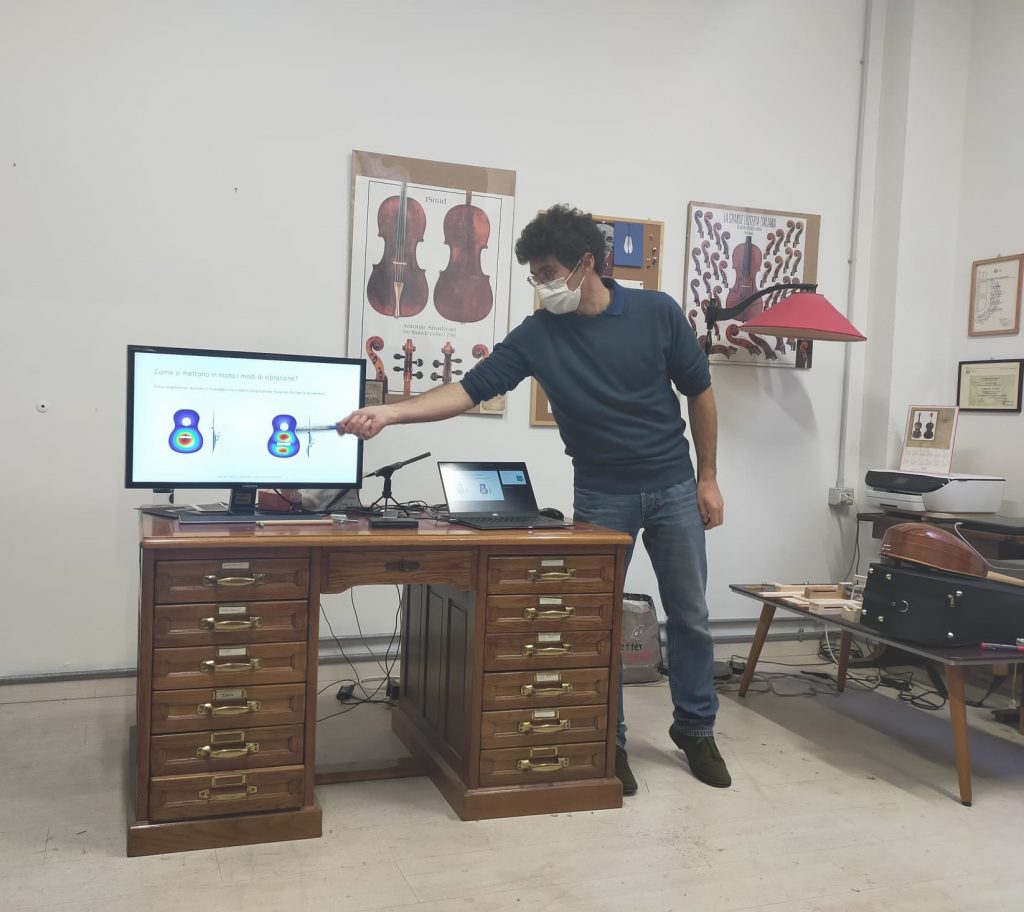
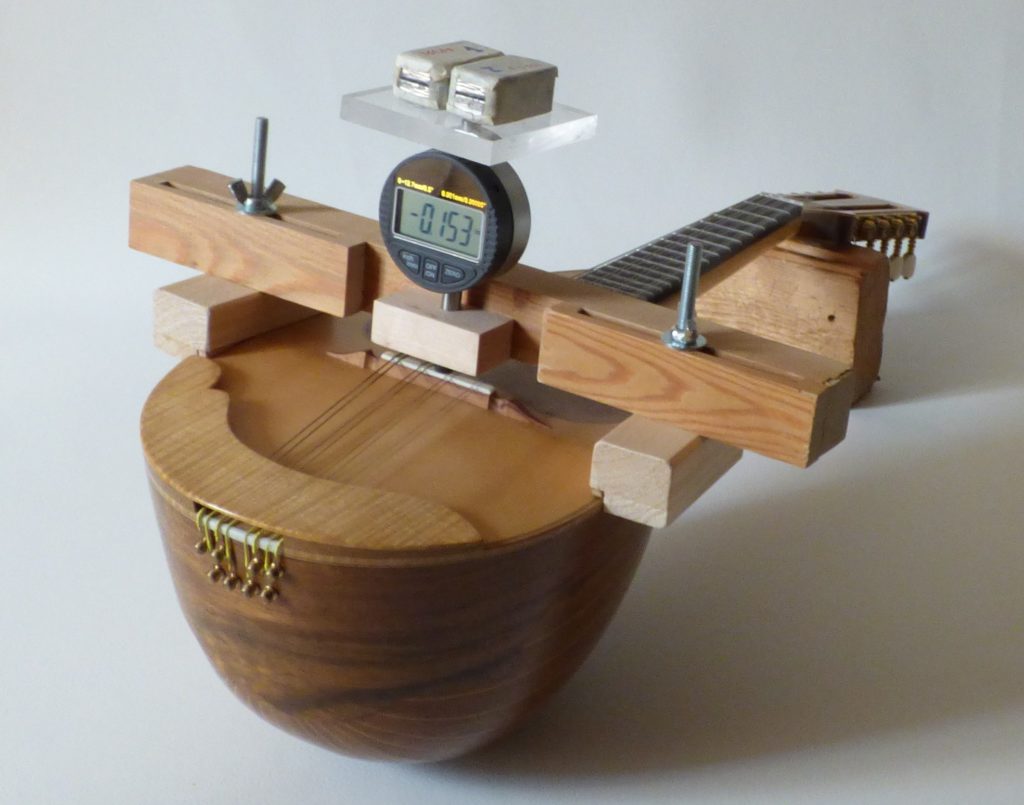
Required material
Computer (with a spreadsheet application such as Microsoft Excel, Numbers, Calc or similar), microphone and audio board. For those interested, it is possible to buy a microphone with a mini USB board to connect it to the computer.
Where and when
The workshop will be advertised on the homepage and on this page. It is also possible to organize a workshop with a minimum of 4 interested people by contacting me directly.
Martino Quintavalla
Martino graduated in Materials Engineering at Politecnico di Milano, where he subsequently got his PhD studying the applications of materials in several fields. After more than 10 years building intruments for himself, he becomes luthier by refining his skills with Master Luthier Federico Gabrielli in Milan and by applying his knowledge to the design and construction of musical instruments. From 2020 to 2023 he has been teacher of acoustics at the Civica Scuola di Liuteria di Milano and now he is a post-doc researcher at the university of Bergamo where he deals with the characterization of wood and musical instruments with acoustical techniques and X-ray tomography.
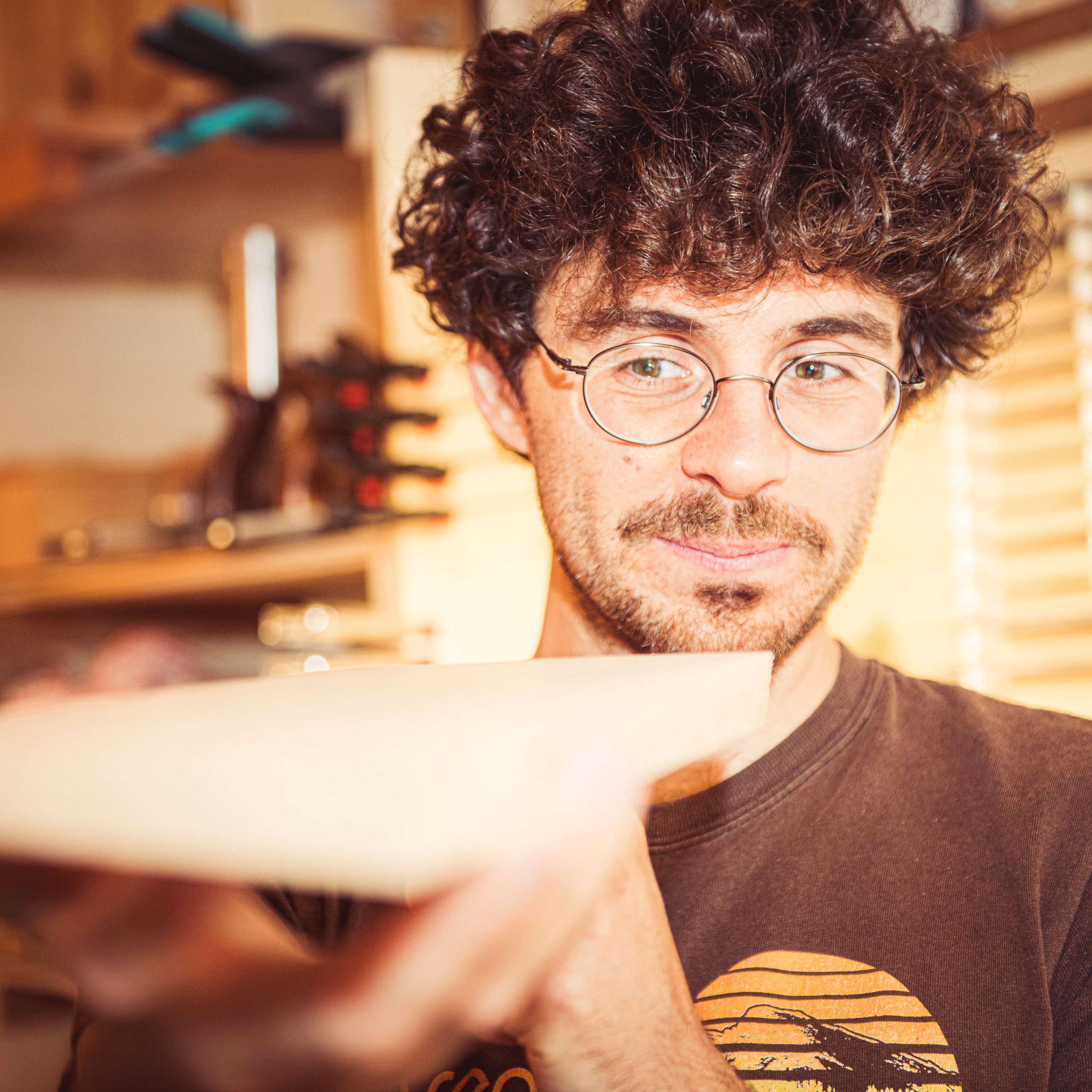
Upcoming workshops
16-17 Dicembre 2023 e 27-28 gennaio 2024 Milano
Workshop di 3 giorni dedicato a liutai di strumenti ad arco e a pizzico presso il Laboratorio di Liuteria, Via Pellegrino Rossi n° 5, 20161, Milano (MI)
16-17 Dicembre: Acustica degli strumenti a corda e proprietà del legno
27 Gennaio: modulo di approfondimento su strumenti a pizzico
28 Gennaio: modulo di approfondimento su strumenti ad arco
13-14 Ottobre 2023 Trento
c/o Associazione Amici della Liuteria – l’Istituto professionale “S. Pertini”, Viale Verona 141, 38123 Trento
22-24 Settembre 2023 Cremona
Masterclass di liuteria per chitarra acustica classica e moderna di Cremona Mondomusica 2023
Are you interested in the workshop? Contact me to organize a workshop in your area.





